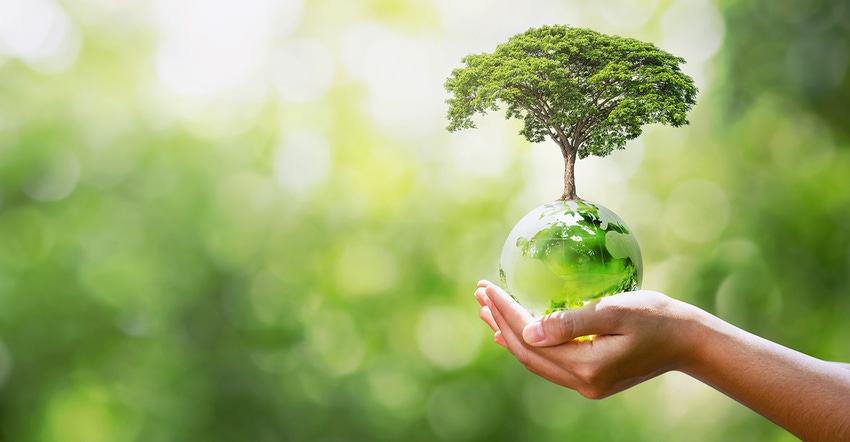Polyplastics Launches Engineering Plastics Recycling Initiative
The Duracycle sustainability initiative targets a 100% recycling rate for engineering plastics as part of the Japanese supplier’s goal to achieve carbon neutrality by 2050.
August 7, 2023

Engineering thermoplastics supplier Polyplastics Group has launched the Duracycle initiative for recycling engineering plastics. This effort “applies to a variety of sustainable solutions that contribute toward achieving a 100% recycling rate for engineering plastics, without being confined to the existing business model of manufacturing and selling plastics,” according to the company. Polyplastics’ goal is to achieve carbon neutrality by 2050.
Phase one of the sustainability initiative consists of the debut of Polyplastics’ new Duracycle Re-compounding Service business, which will offer high-quality mechanically recycled materials from March 2024 onwards.
The Duracycle Re-compounding Service is a clear departure from conventional recycling, according to Polyplastics. Its aim is to realize “horizontal recycling,” which is considered challenging with engineering plastics since these materials demand high quality in subsequent uses. Horizontal recycling transforms products into the same products — recovering waste plastic bottles and recycling them into new ones, for example.
The intent is to use pre-consumer materials as raw materials with established manufacturing histories that can be traced and pose no concerns in terms of contamination from environmentally hazardous substances. Pre-consumer materials consist of sprues and runners as well as reject products that arise in manufacturing processes before the products reach consumers. They are also referred to as post-industrial recycling (PIR) materials.
In addition to expanding Duracycle to markets outside of Japan, Polyplastics plans to develop and offer recycling technologies for post-consumer recycled materials (PCR), which are even harder to reprocess. As environmental needs evolve, Polyplastics is developing future solutions for mechanical recycling, chemical recycling, and biogenic carbon cycles.
About the Author(s)
You May Also Like




